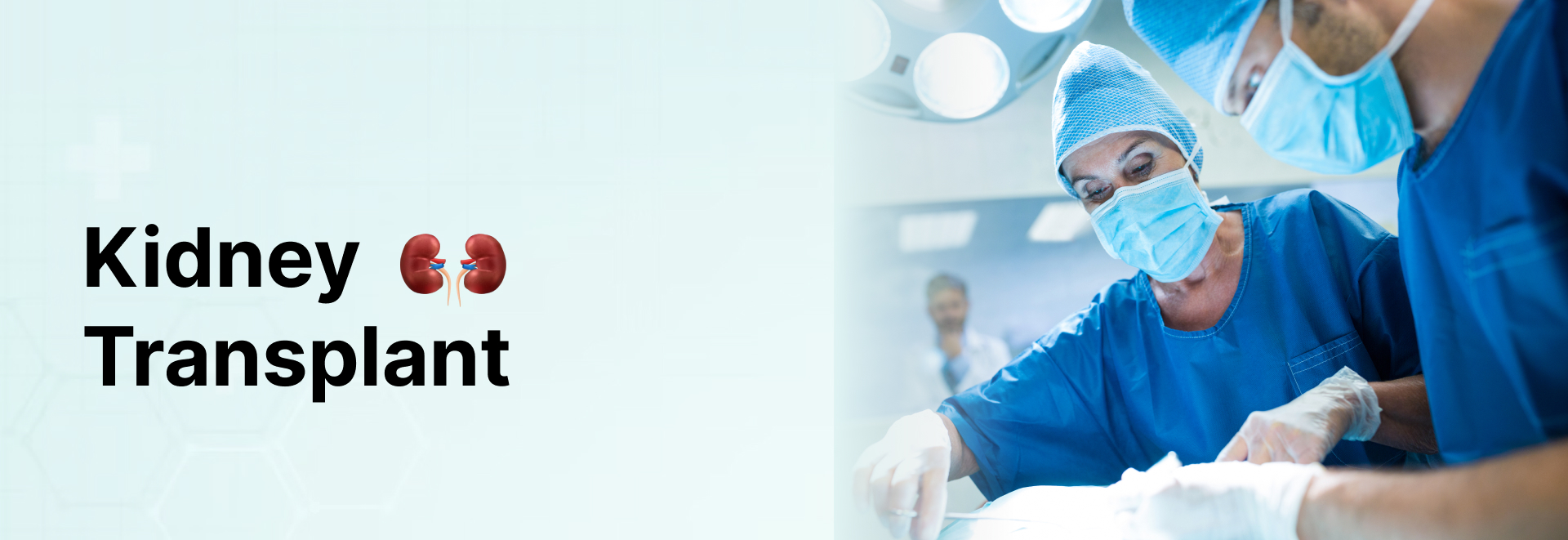
Kidney Transplantation
In a kidney transplant, a healthy kidney from a living or deceased donor is surgically implanted into a patient whose kidneys are no longer functioning correctly. End-stage renal disease (kidney failure) is the result of the body’s ability to filter hazardous levels of fluid and waste, which build up and raise blood pressure. When the kidneys have lost around 90% of their normal function, end-stage renal disease occurs. When the kidneys have lost around 90% of their normal function, end-stage renal disease occurs.
Other Transplantation Treatments
Why Is A Kidney Transplant Advisable?
A kidney transplant is recommended for people who have severe kidney disease and cannot live without dialysis or a transplant. The following are some of the kidney diseases for which transplants are performed. However, kidney transplantation is not required in all cases of the following diseases. For a diagnosis, always consult your doctor.

Types Of Kidney Transplant
If you want to seek kidney transplantation as a treatment option, there are three types to consider. Your transplant team will work with you to determine which option is best for you.
Deceased Donor
If you do not have a living donor, the kidney used in your transplant surgery will be from a deceased donor. Regardless of your donor, you'll go through the same rigorous evaluation to see if you're a good candidate for transplant surgery. You will not be able to receive a kidney transplant until you have completed all of the committee's recommended tests and consultations. When you are approved for transplant, you will be placed on the organ waiting list, and you will begin to accumulate waiting time.
Expanded Criteria Donor (ECD)
An ECD is a deceased donor who is over the age of 60. Candidates over the age of 60 or those with a history of diabetes over the age of 50 may be recommended for an ECD kidney. The wait for an ECD kidney could be shorter.
Living Donor
A living donor is someone who donates an organ for transplant. Living donors can be blood relatives or people who have an emotional connection to the transplant candidate. Finding a living donor match significantly reduces your waiting time, improves long-term transplant kidney and patient survival, and allows you to choose your surgery date.
© Triage Healthcare All rights reserved — Made by Rittz Digital


